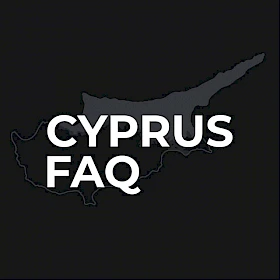Deputy Head of HERA in Cyprus: priority — preparedness for viruses, climate risks and antimicrobial resistance
Last week, Laurent Muschel, Deputy Director-General of the European Health Emergency Preparedness and Response Authority (HERA), visited Cyprus and held an information session on the EU’s priorities in public health security.
According to Muschel, HERA was created after COVID (2021) and builds a common stockpile of medical resources, coordinates joint procurement, and strengthens the production of essential medicines. The main threats addressed include respiratory viruses with pandemic potential, vector-borne infections exacerbated by climate change, antimicrobial resistance (AMR), and risks linked to armed conflicts and CBRN scenarios.
HERA has already invested in mosquito control and diagnostics programs, allocating about €40 million for dengue-related measures and countermeasures. Muschel noted that in April the European Commission signed a contract giving 17 countries, including Cyprus, access to more than 27 million doses of pandemic influenza vaccine; in 2024, up to 665,000 doses of avian influenza vaccine were secured with an option for another 40 million, and earlier contracts covered mpox vaccines.
For Cyprus residents, this means stronger monitoring and mosquito control measures during risk seasons, as well as broader access to medicines through joint procurement. According to Muschel, further financial support and Cyprus’s participation in joint research and procurement will increase the chances of timely access to innovative drugs and rare medicines.
You may also be interested in:
- LED panel withdrawn from the Cypriot market: product was sold without mandatory marking and documentation
- The Administration of the British Bases Implemented Measures at Checkpoints Due to Suspected Foot-and-Mouth Disease
- Police: Yesterday’s Agricultural Protest in Nicosia Passed Without Incidents
- In Paphos, a man was sentenced to 7 years in prison for sexual abuse of a minor
- Partners of Germany’s tourism industry met in Paphos: 250 participants attended


